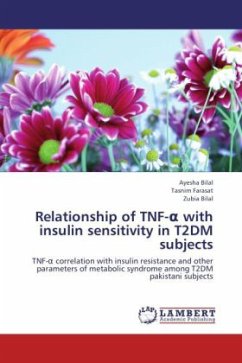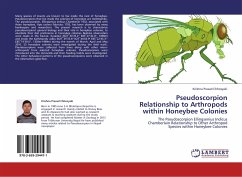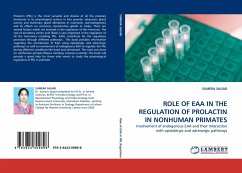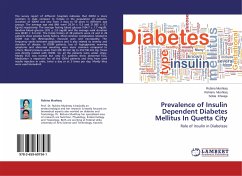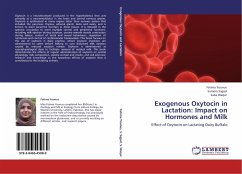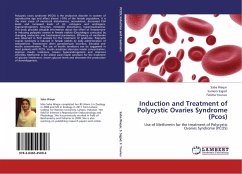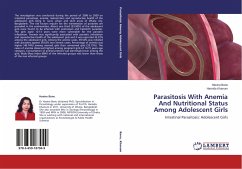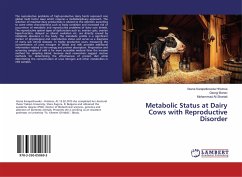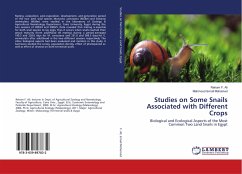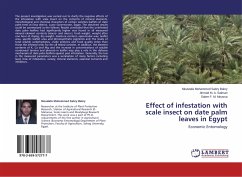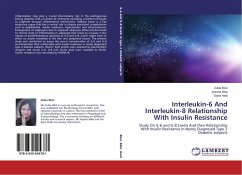
Interleukin-6 And Interleukin-8 Relationship With Insulin Resistance
Study On IL-6 and IL-8 Levels And their Relationship With Insulin Resistance In Newly Diagnosed Type 2 Diabetic subjects
Versandkostenfrei!
Versandfertig in 6-10 Tagen
36,99 €
inkl. MwSt.

PAYBACK Punkte
18 °P sammeln!
Inflammation may play a crucial intermediary role in the pathogenesis linking diabetes with a number of commonly coexisting conditions thought to originate through inflammatory mechanisms. Adipose tissue is a key endocrine organ that has a central role in obesity associated complications such as dyslipidemia, insulin resistance, hypertension and atherosclerosis. Enlargement of adipocytes due to impaired adipocyte differentiation leads to chronic state of inflammation in adipocyte that result an increase in the release of proinflammatory cytokines as IL-6 and IL-8, which might have an effect on...
Inflammation may play a crucial intermediary role in the pathogenesis linking diabetes with a number of commonly coexisting conditions thought to originate through inflammatory mechanisms. Adipose tissue is a key endocrine organ that has a central role in obesity associated complications such as dyslipidemia, insulin resistance, hypertension and atherosclerosis. Enlargement of adipocytes due to impaired adipocyte differentiation leads to chronic state of inflammation in adipocyte that result an increase in the release of proinflammatory cytokines as IL-6 and IL-8, which might have an effect on insulin sensitivity in the liver and peripheral tissues. The present study was conducted to assess the serum concentration of IL-6 and IL-8 and determine their relationship with insulin resistance in newly diagnosed type 2 diabetic subjects. HbA1c, lipid profile were assessed by biochemistry analyzer and serum IL-6, IL-8 and insulin level were assessed by ELISA. Insulin resistance was calculated by HOMA-IR.



